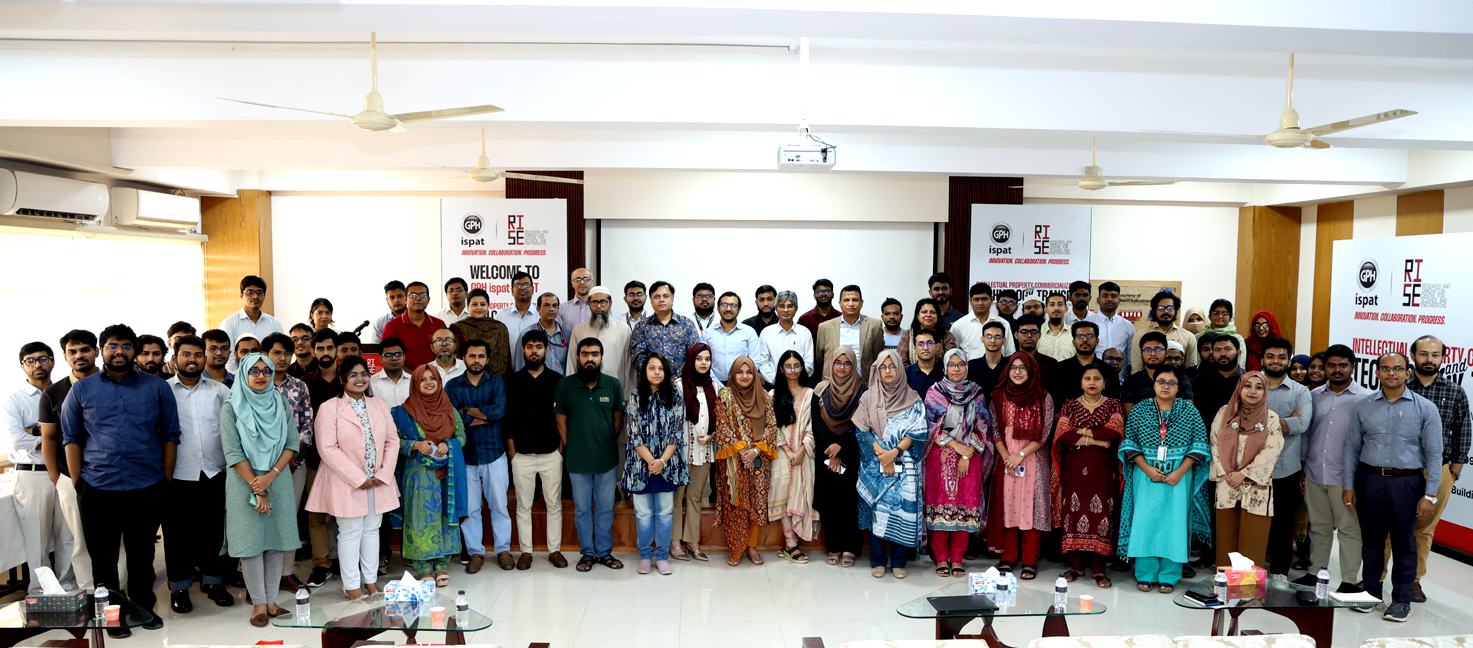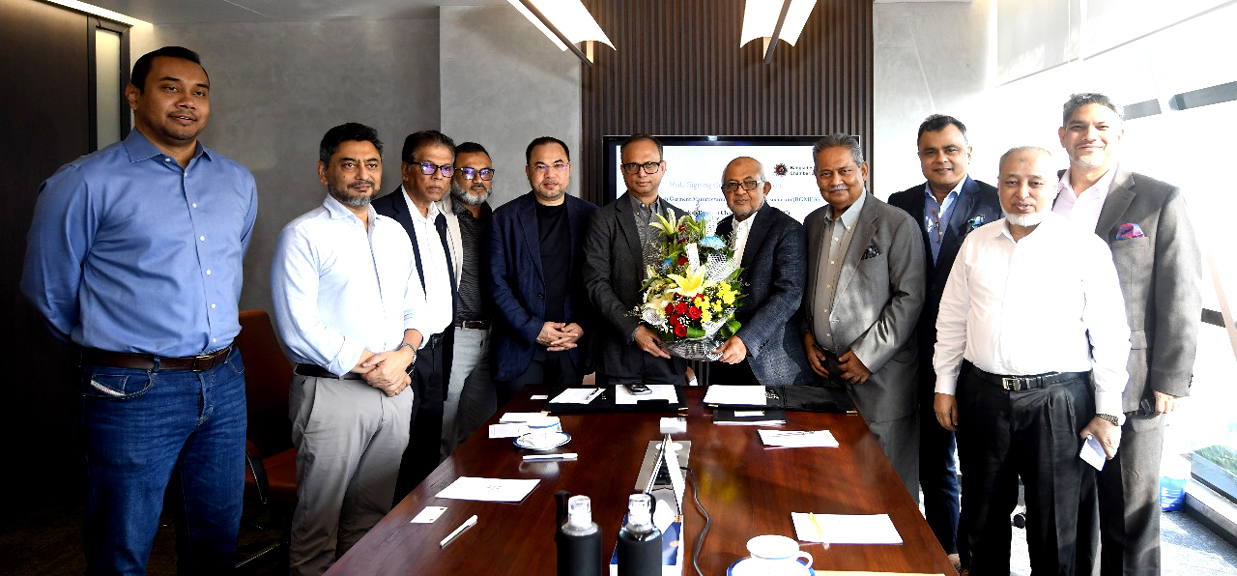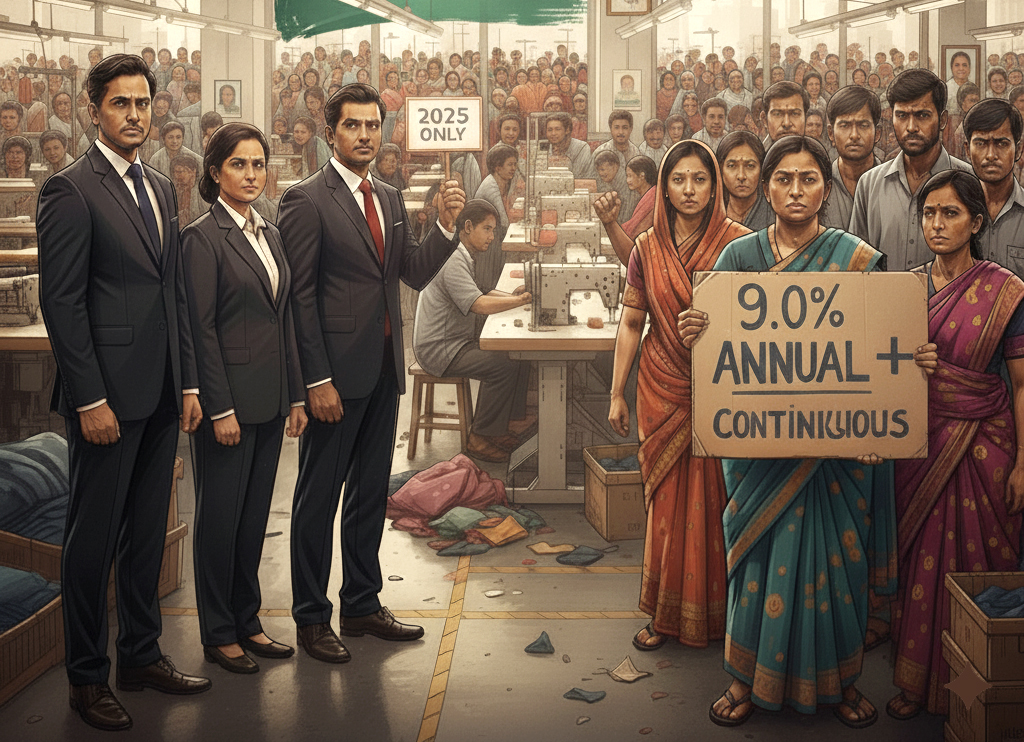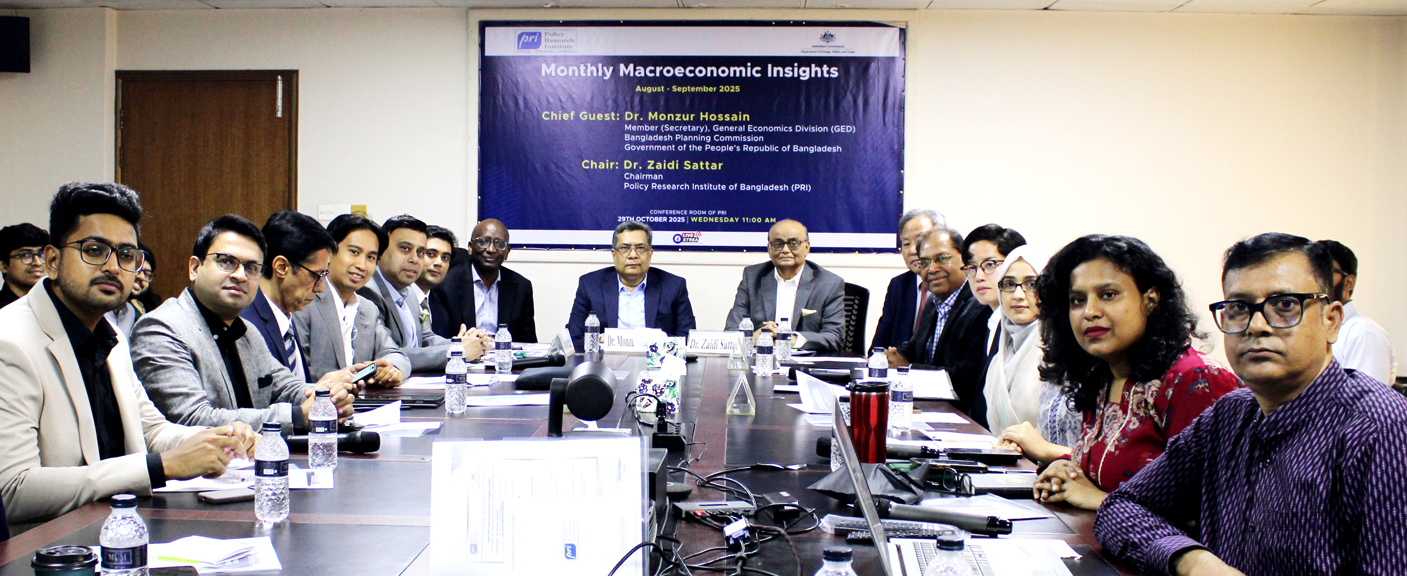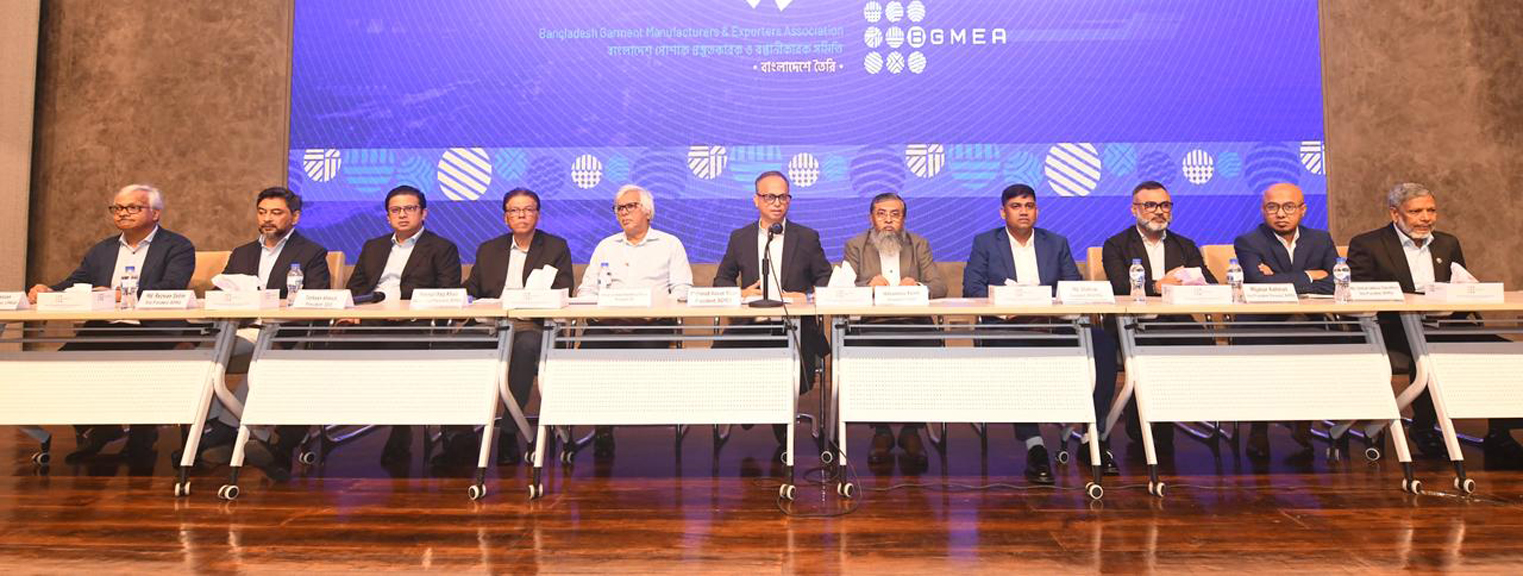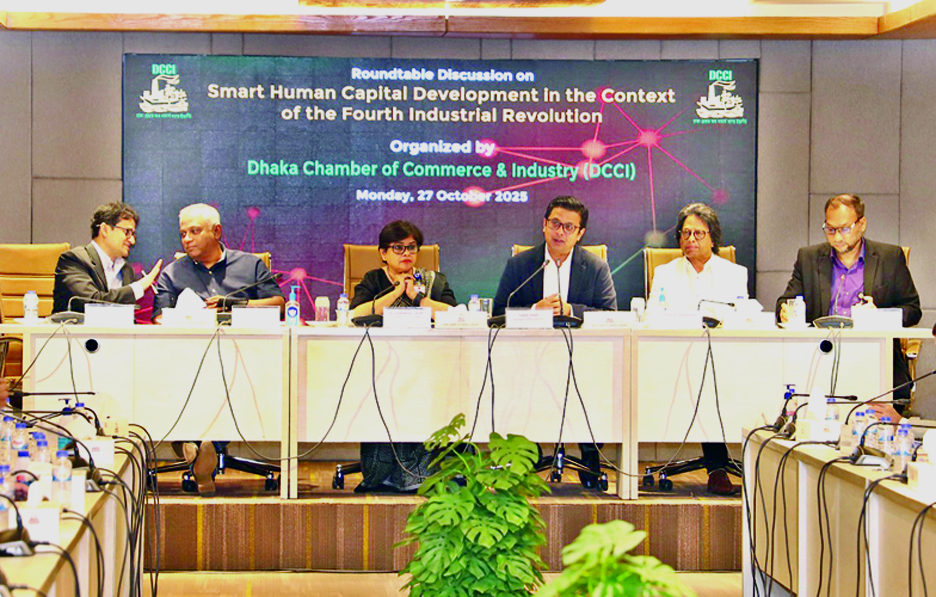Bangladesh’s private sector has called on the government to initiate immediate diplomatic measures to address a significant tariff dispute with the United States, warning that inaction could jeopardise the country’s largest export market and progress made on labour and sustainability standards.
The appeal came during a seminar titled ‘US Reciprocal Tariffs and the Way Forward for Bangladesh’, organised jointly by the Dhaka Chamber of Commerce and Industry (DCCI) and Business Initiative Leading Development (BUILD), held in the capital on Saturday.
The outcry follows the United States’ recent imposition of a 37 per cent tariff on Bangladeshi exports — a measure that, while currently suspended for 90 days, poses serious risks to the country’s economy.
Industry leaders urged the government to pursue both immediate and long-term solutions, including the acceleration of free trade agreements (FTAs), the development of non-traditional export markets, and the resolution of enduring trade facilitation issues.
Delivering the keynote, Debapriya Bhattacharya, distinguished fellow at the Centre for Policy Dialogue (CPD), cast doubt on the rationale and likely efficacy of the US tariff policy, describing it as a form of ‘toxic therapy.’
‘The fear surrounding these reciprocal tariffs is largely misplaced,’ he said. ‘They stem more from political motivations than economic fundamentals, and the policy itself is flawed — based as it is on trade deficit calculations without accounting for growth in the services sector.’
Debapriya further questioned the sustainability of such a policy, noting that year-on-year trade deficits fluctuate and may undermine investment stability if tariff rates are adjusted annually.
‘Policies lacking in rationality and economic foundation struggle to win market confidence or ensure long-term sustainability,’ he remarked. ‘However, crises such as this present a unique opportunity for long-overdue structural reforms.’
Commerce Secretary Mahbubur Rahman assured attendees that Bangladesh is pursuing diplomatic dialogue through bilateral channels, rather than escalating the issue to the World Trade Organization (WTO).
He said discussions with the US government over tariffs on more than 100 products are ongoing and have so far been positive.
He also revealed that Bangladesh has entered into a long-term agreement with the US for LNG imports, boosting bilateral trade by nearly $1 billion.
Additionally, plans are being considered to set up a US cotton warehouse in Bangladesh to streamline supply chains and reduce import delays.
Mahbubur Rahman, president of the International Chamber of Commerce-Bangladesh, criticised the United States for imposing the tariffs unilaterally, arguing that the action undermines WTO principles.
He also called for stronger engagement between the private sector and government, while urging exporters to diversify their markets beyond the US and Europe by targeting Asia, the Middle East, and Africa.
During a panel discussion, M Masrur Reaz, chairman of Policy Exchange Bangladesh, emphasised the need for strategic planning that takes into account the political economies of both nations.
‘Bangladesh’s rising demand for imports such as cotton, soybean, and LNG creates opportunities for mutual benefit — but only if bilateral talks are carefully calibrated,’ he said.
Shams Mahmud, former BGMEA director, expressed concern about future competitiveness.
‘With higher tariffs, we may have to fight harder for orders, especially as US demand softens,’ he warned.
He also argued for recognising indirect imports of US goods via third countries as direct trade.
Razeeb Haidar, director of Bangladesh Textile Mills Association echoed the call for logistical improvements, particularly for US cotton imports.
‘The quality is good, but delivery delays of over three months discourage importers. A local warehouse could resolve this bottleneck,’ he suggested.
The event opened with welcome remarks from DCCI President Taskeen Ahmed and BUILD Chairperson Abul Kashem Khan.



